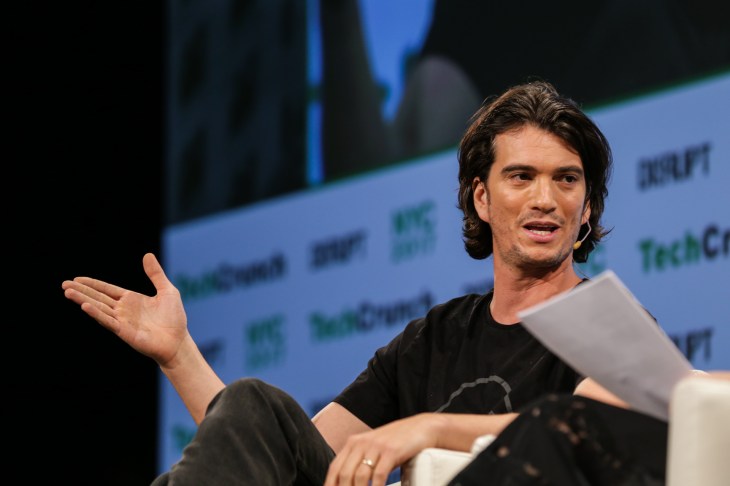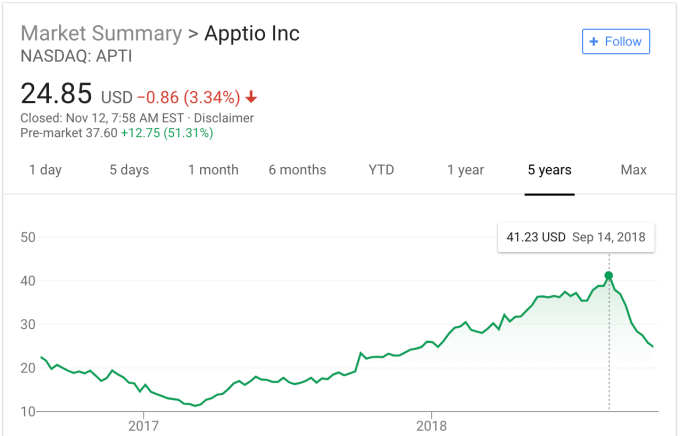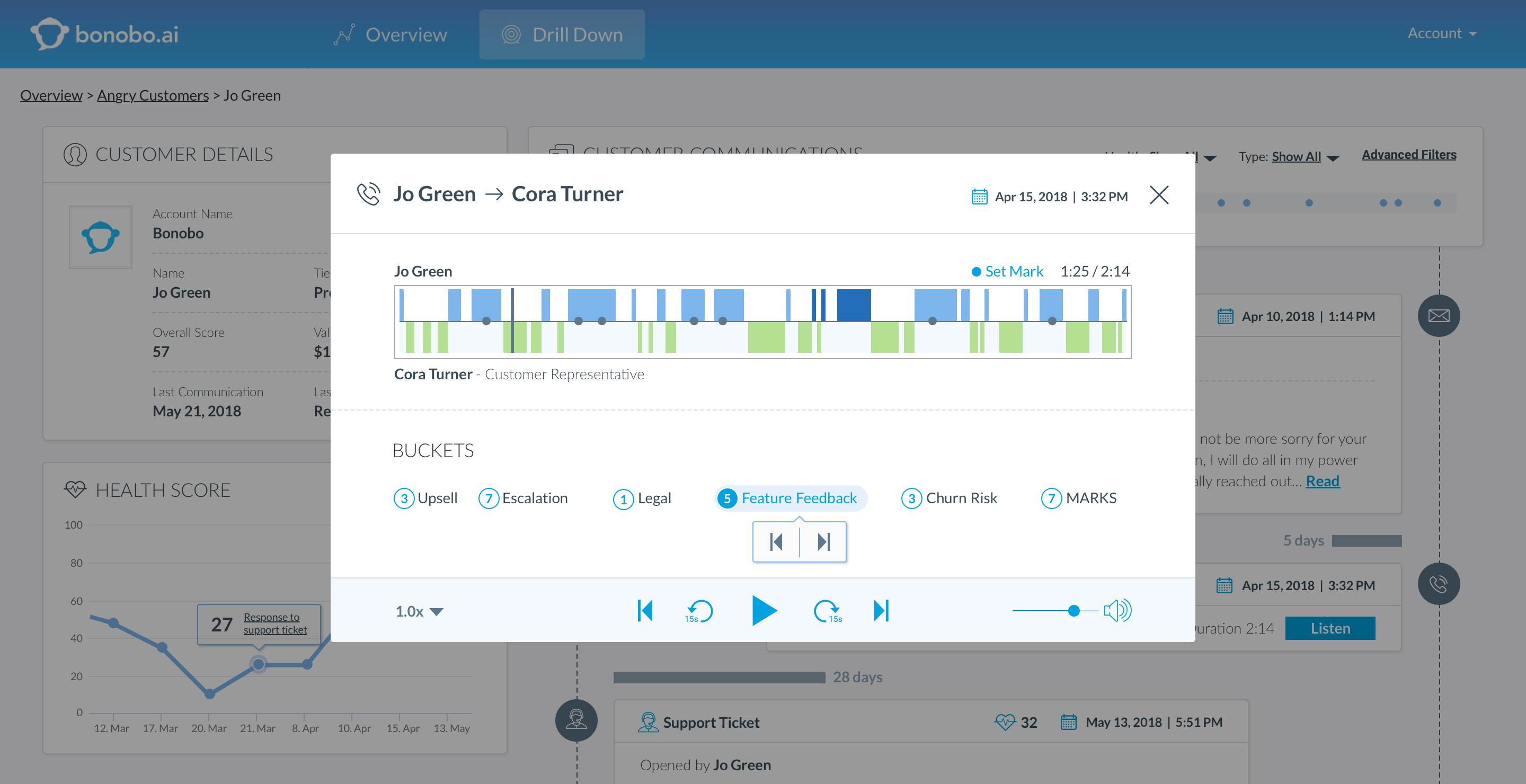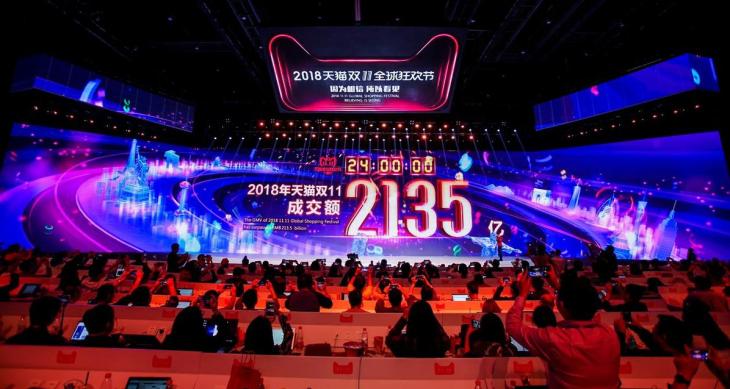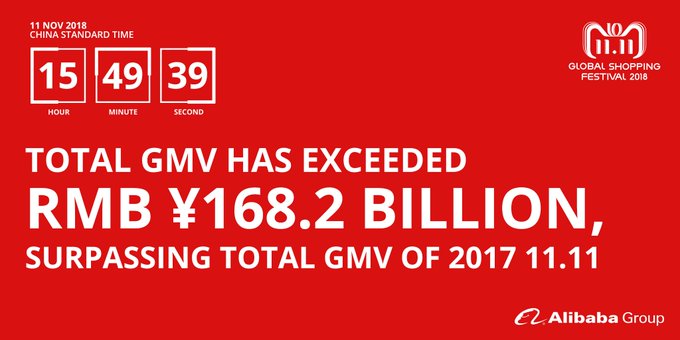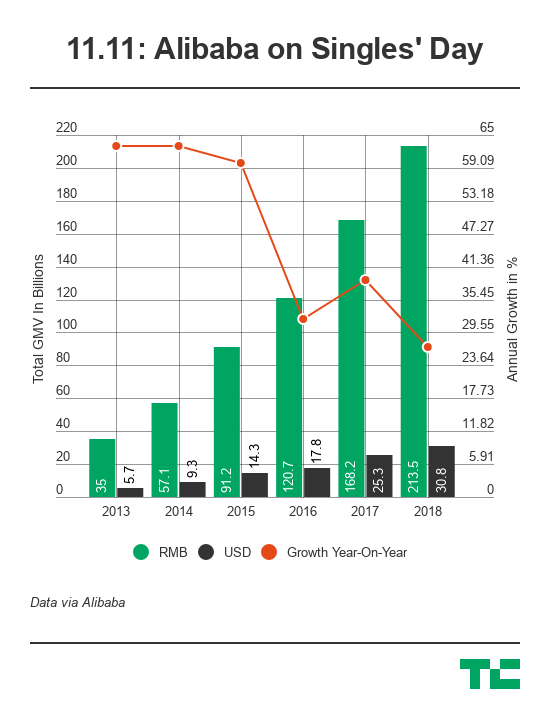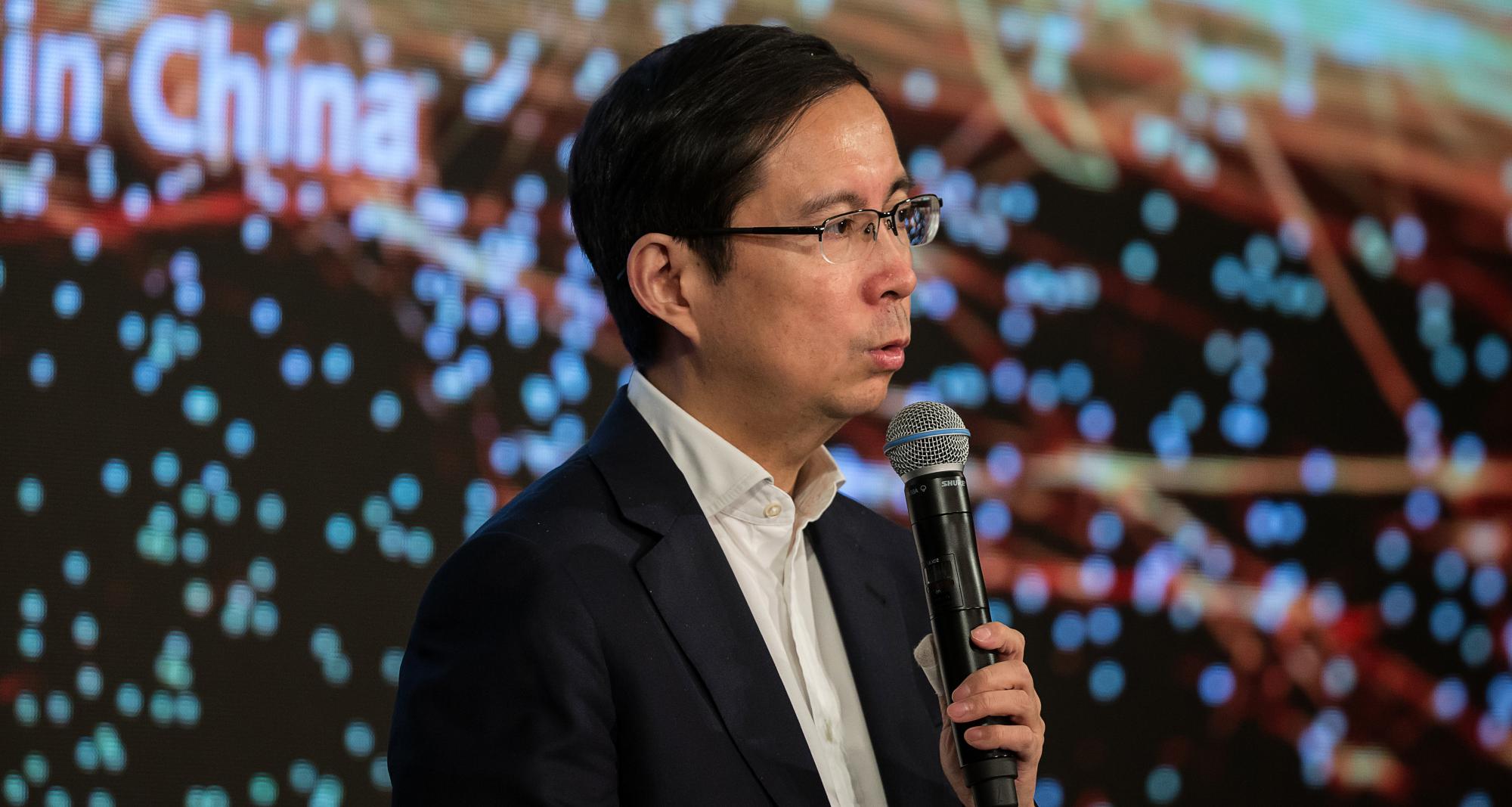Netflix tests a mobile subscription only to make its service more affordable
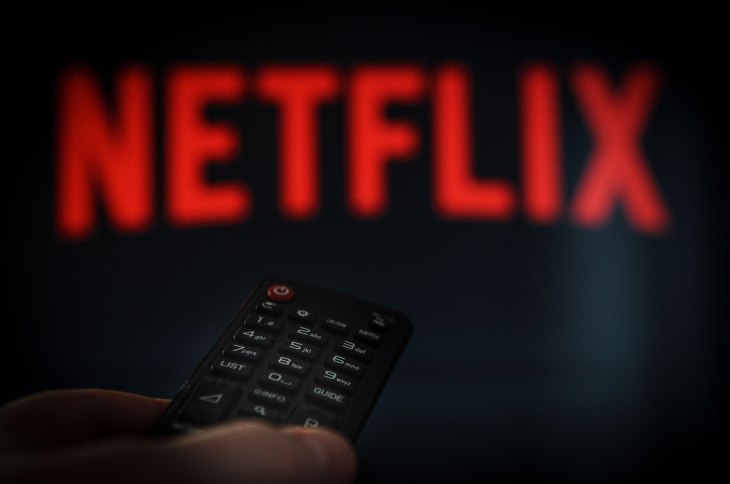 |
| Netflix tests a mobile subscription only to make its service more affordable |
Netflix is testing a low-cost mobile phone subscription as it explores a new package designed to expand its appeal in Asia and other emerging markets.
Red Hastings chief executive told Bloomberg last week that the company would test packages at lower prices, and it did not take long for these tests to emerge. The first reports from Malaysia, where Netflix quietly put a portable layer only at RM17, or about $ 4, every month. This is half the price of the company's lowest-priced "basic" package - sold at RM33, or about US $ 7.90 per month in Malaysia.
Netflix spokesman confirmed the Malaysian experience. Similar trials "are being conducted in a few countries", although they refused to provide details, they added. It remains to be seen whether this new subscription layer will be deployed to other parts of the world.
Please note that the mobile-friendly beta reduces Netflix in Malaysia by approximately 50%
This step is logical for Netflix. While it added a large number of international users - those outside the United States account for 79 million of its 137 million customer base - it has argued in the past that it lacks more customers because its stringent prices are prohibitively expensive in much of the world. In fact, to prove this point, a number of competitors in Asia are pricing their services more forcefully.
Competitors including Hotstar Fast-growing in India, iFlix - supported by SKY covers 28 countries - both HOOQ and Viu are priced from $ 3 per month. While it's not clear how many users are clicking from Netflix, it's clear that there is a price discrepancy, which is what this new mobile offer does in some way. It is also increasing the number of mobile users only in India and other parts of Asia.
Apart from offering cheaper options, Netflix will also double the local content in Asia. India is a major hub and this month the company unveiled a list of eight new Netflix movies and a new series from India.
The Mobile Pack is not the first time Netflix has used its pricing strategy.
The company tested a strategy to bypass Apple Store using its own online payment system during the summer. Instead of using in-app payments for billing, so Apple paid 30 percent of the booty, Netflix enabled it to raise all the money for itself. More money is better, of course, but the cost is that the user experience is clunkier without shop applications which may put some potential customers. It is not clear how good the test was done on Netflix.
